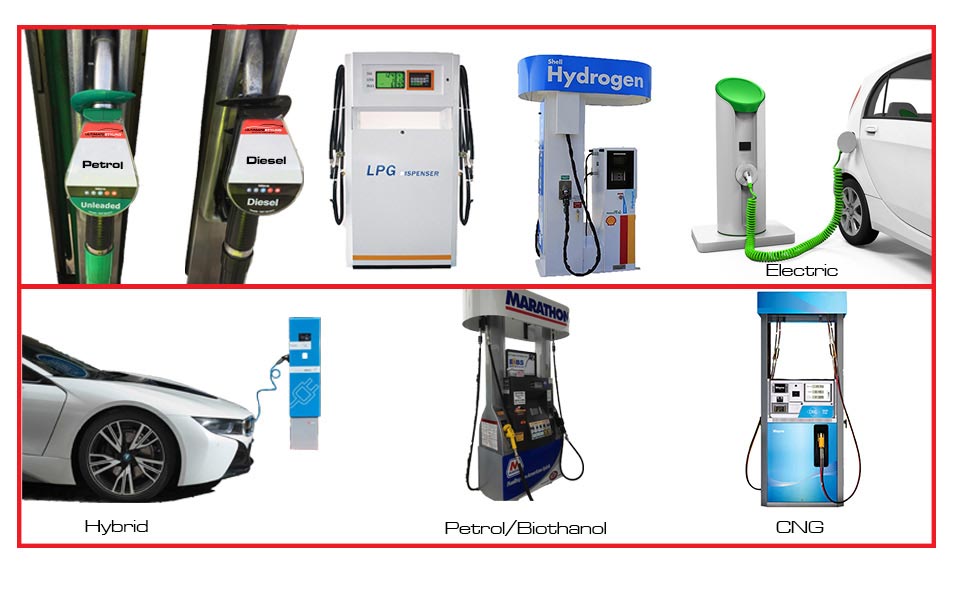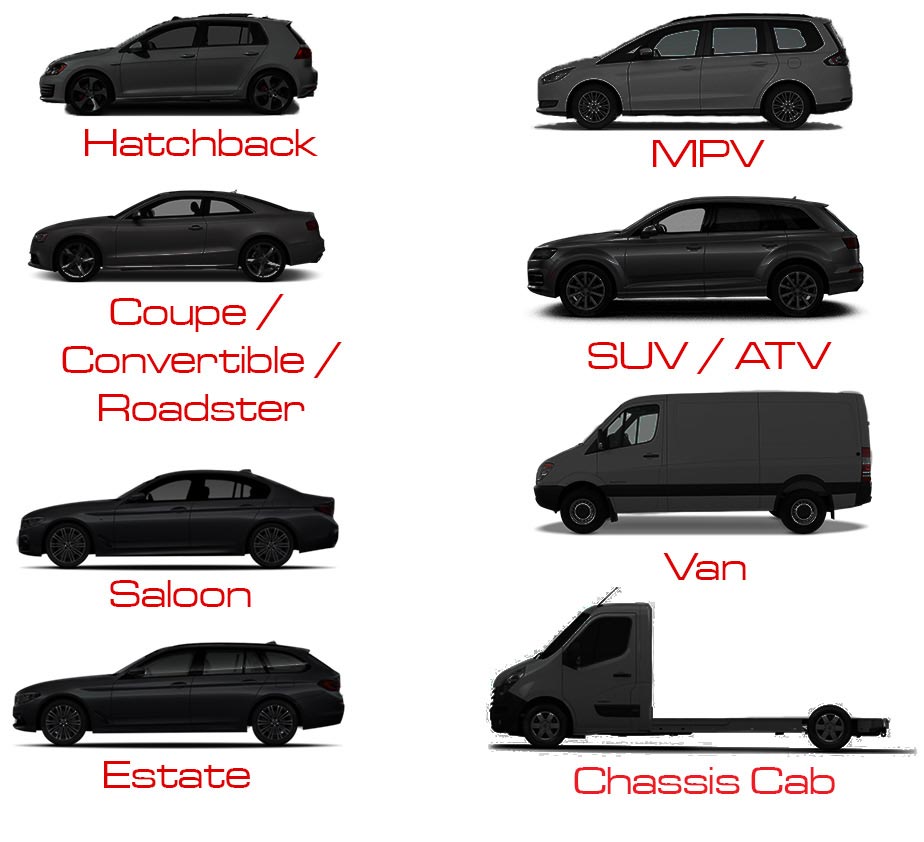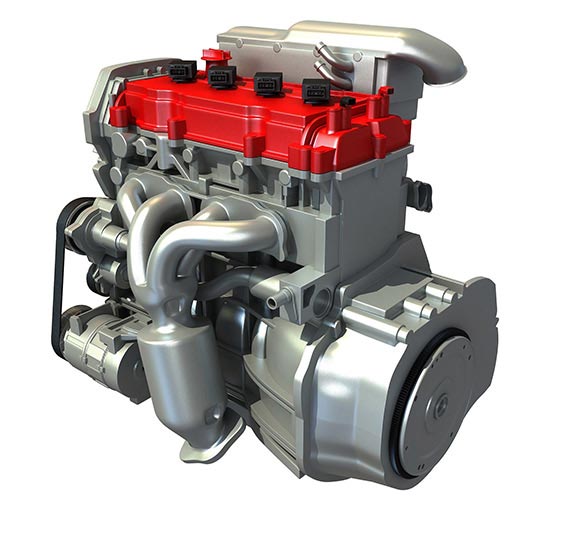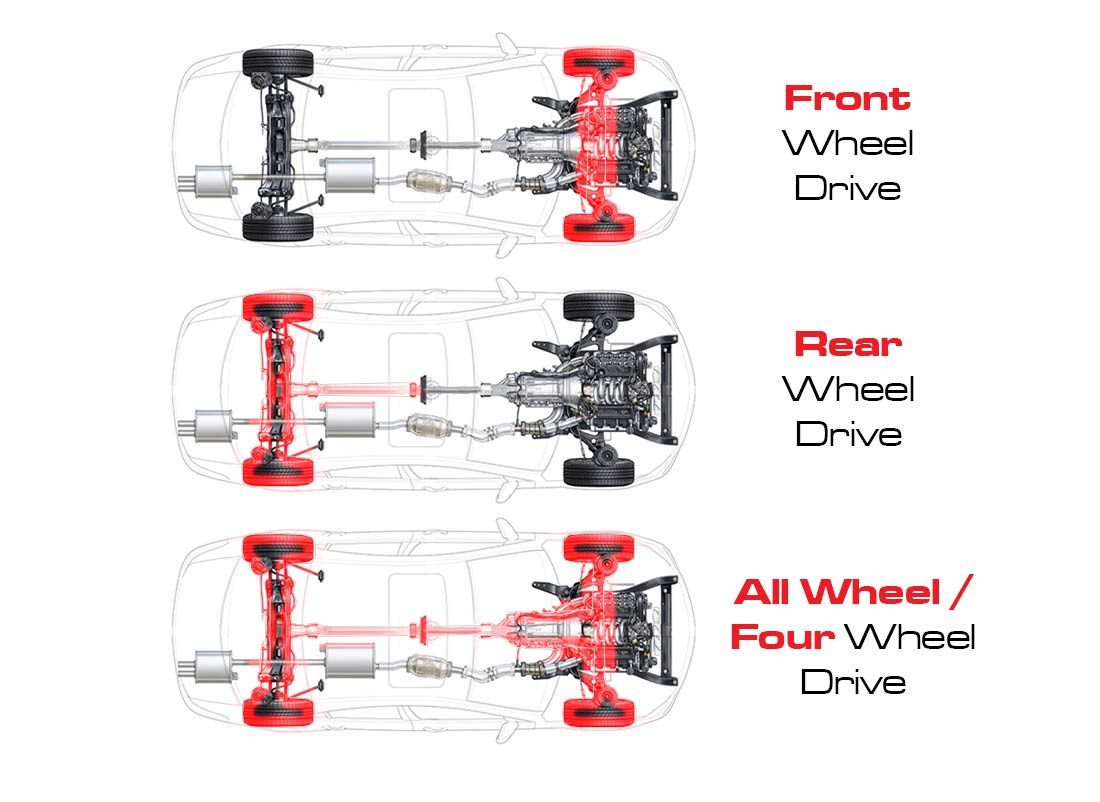
Every day we seem to hear more and more bad news about climate change and every day the guilt of driving our diesel car (as economic as it is) weighs heavier and heavier on our mind. We, like many other petrol and diesel car owners will make many excuses as to why we shouldn’t buy an electric car – “The range isn’t good enough yet”, “There aren’t enough charge points in the UK”. “I can’t wait 20 minutes for my car to charge up”, “Electric cars are too expensive at the minute” etc.
However, as time passes and EV’s improve, those excuses seem less and less valid … So, we pose the question, should I buy an electric car now or wait?
Let’s look at the facts:
Electric Car Range Anxiety
Range anxiety is probably the biggest factor holding people back from purchasing an EV. The fact of the matter is, most petrol and diesel cars will easily be able to manage 450 miles plus on a full tank of fuel, whereas many of their electric cousins would struggle to make half of that distance. It’s true, the range of many electric cars aren’t great, but they are improving. Check out some of the ranges of the industry leading models below:
Nissan Leaf – 168 miles
Hyundai Kona Electric – 200-300 miles (depending on battery size) Jaguar I-Pace – 298 miles
VW e-Golf – 186 miles
Hyundai Ionic Electric – 174 miles
Tesla Model S – 300+ miles
Renault ZOE – 250 miles
Please note you can take these ranges with a pinch of salt, it’s highly unlikely you will be able to get the maximum range out of an EV. However, take 10-15% off the max range and you won’t be far off.
Electric Car Charging Points / Stations
Closely linked to “Range Anxiety” is charging points and stations. Most UK drivers looking to purchase an EV will worry that there aren’t enough charging points in the UK yet to warrant purchasing one. The worry is that you will end up running out of charge with not a charging point in sight. While this might be true in more rural locations, the UK now has nearly 20,000 charging points spanning across the country. The fact is, you may just have to spend a little more time planning your journey than you would with a petrol or diesel car. Let’s face it, if you’re travelling more than 150 miles in a day, the likelihood is that you will be stopping for a break and the advice is that you should stop to take a break, the perfect time to charge your vehicle. However, as the popularity of EV’s increases you’re likely to see a dramatic increase in high speed charging points across the UK.
Charging Speeds
We don’t know why, but we absolutely hate filling up at the petrol station. We don’t know if it’s just our laziness or the fact we loathe parting with so much money for fuel. This one’s a bit of a double edged sword. On the one hand, by owning an EV we would be spending considerably more time in petrol stations (which we guess in a few years will be called charging stations), but on the other hand we would be saving a lot more money from charging than we would filling our current car up with diesel.
How long does it take to charge an electric car?
Utilising a rapid charging station, you could charge your EV up to 80% capacity in roughly 30 mins.
How much does it cost to charge an electric car?
On average, this would cost around £6.50. Charging throughout the night at home would
cost you around £3-£5 and would charge at 15 miles of range per hour, for the average electric car, this would take up to 12 hours.
Cost of Electric Cars
Yes, electric car sale prices are still more expensive than diesel and petrol sale prices. However, there are lots of finance and monthly payment options that are available. Plus, the government do offer certain grants to help people switch from petrol and diesel cars to electric cars. As electric cars become more popular and there are more incentives to purchase them, the price will come down. In addition to this, you’re likely to save a lot of money as you won’t be purchasing fuel.
As the above points show, the proposition of purchasing an electric vehicle is starting to become quite an attractive one. The likelihood is that as range’s increase and the price of EV’s decrease, more and more people will be switching to the eco friendly cars. We think for many though, we’re a few years away.














